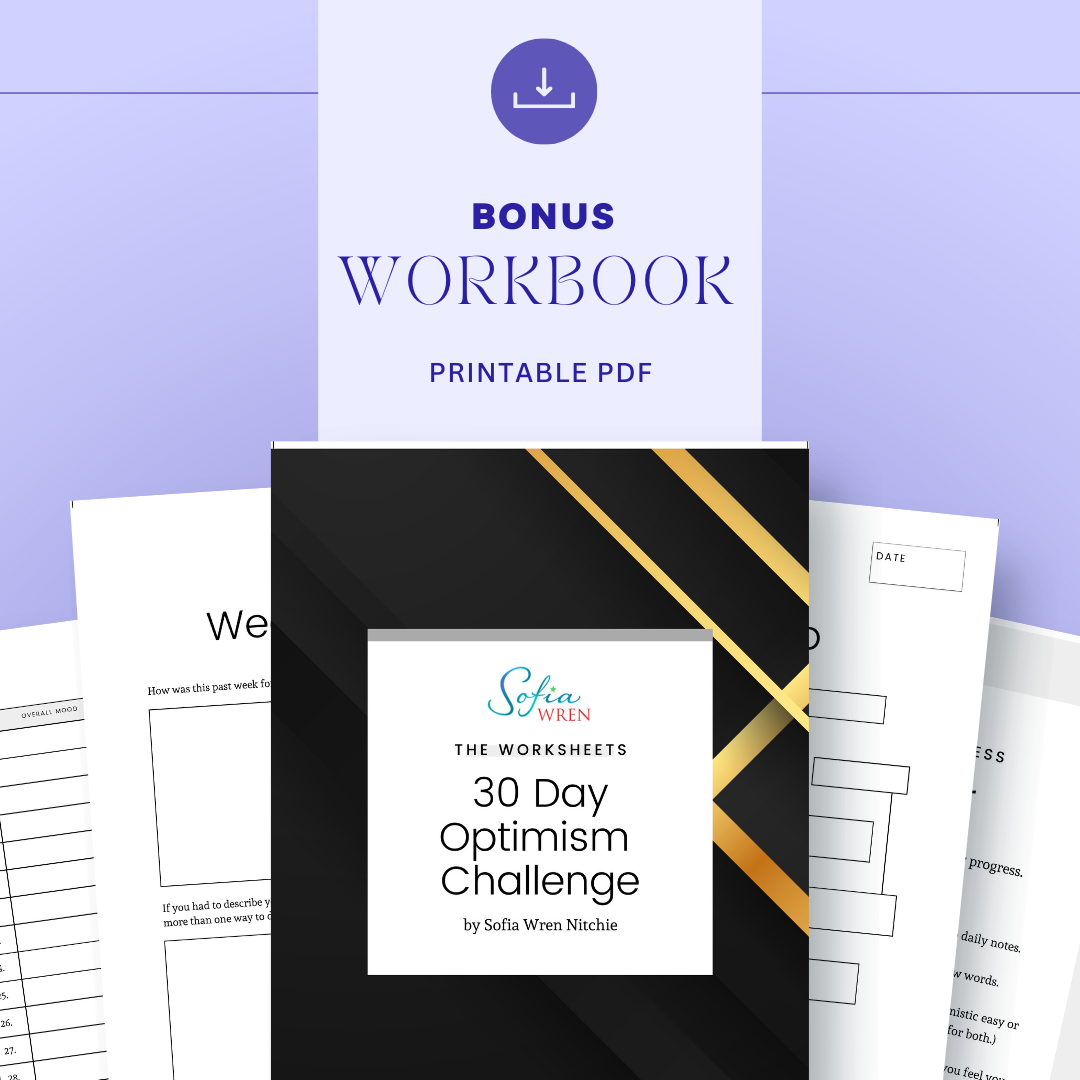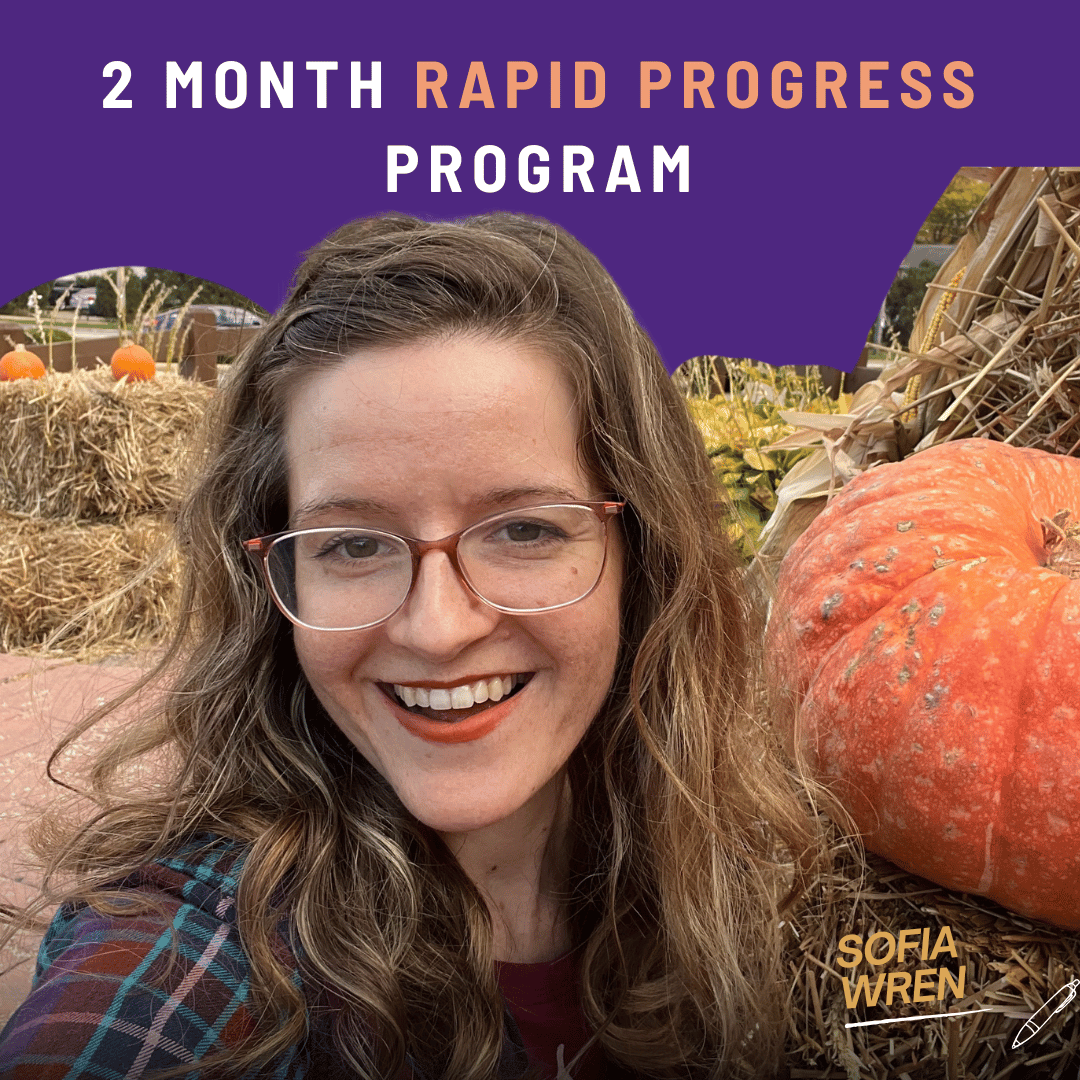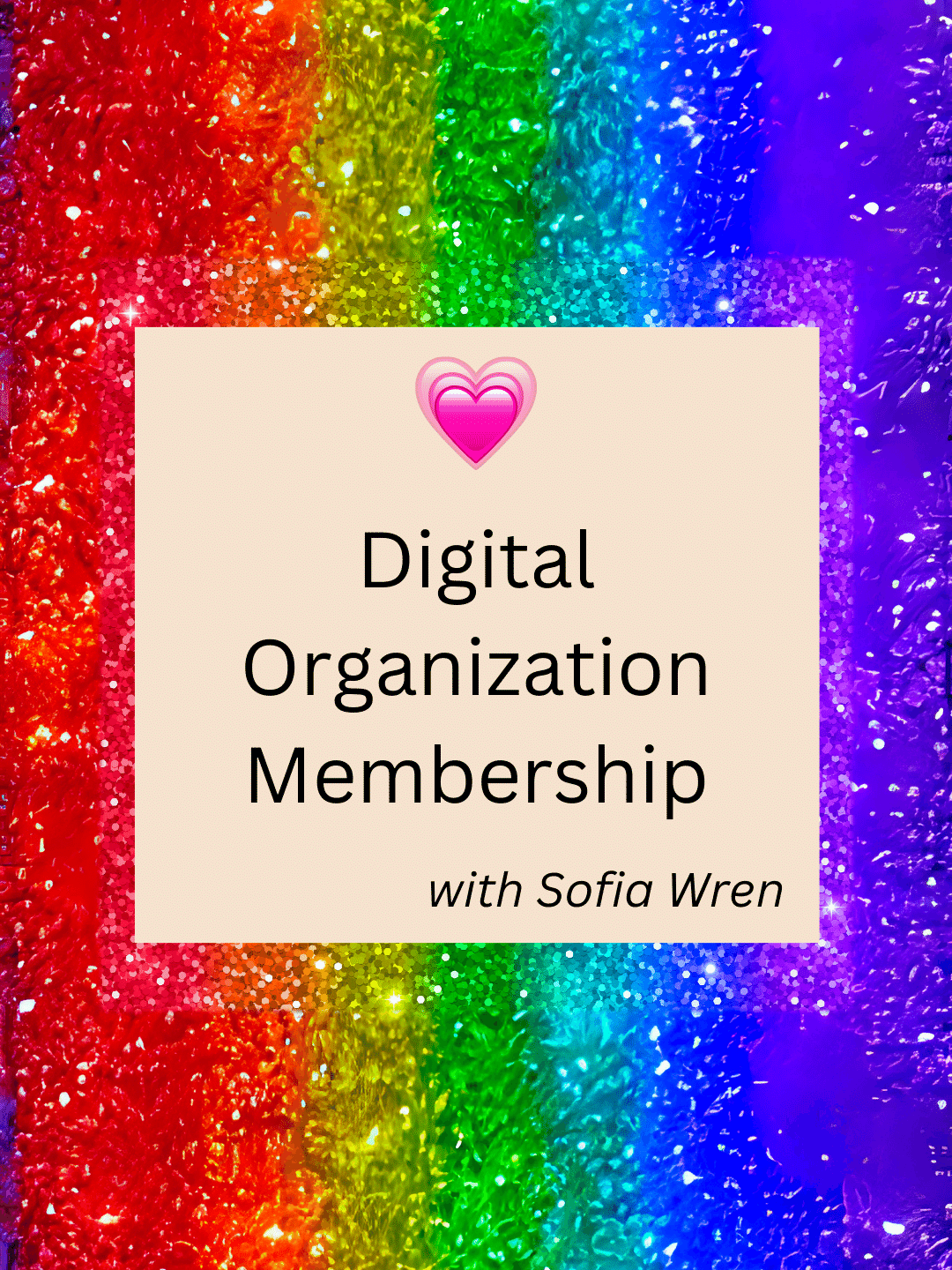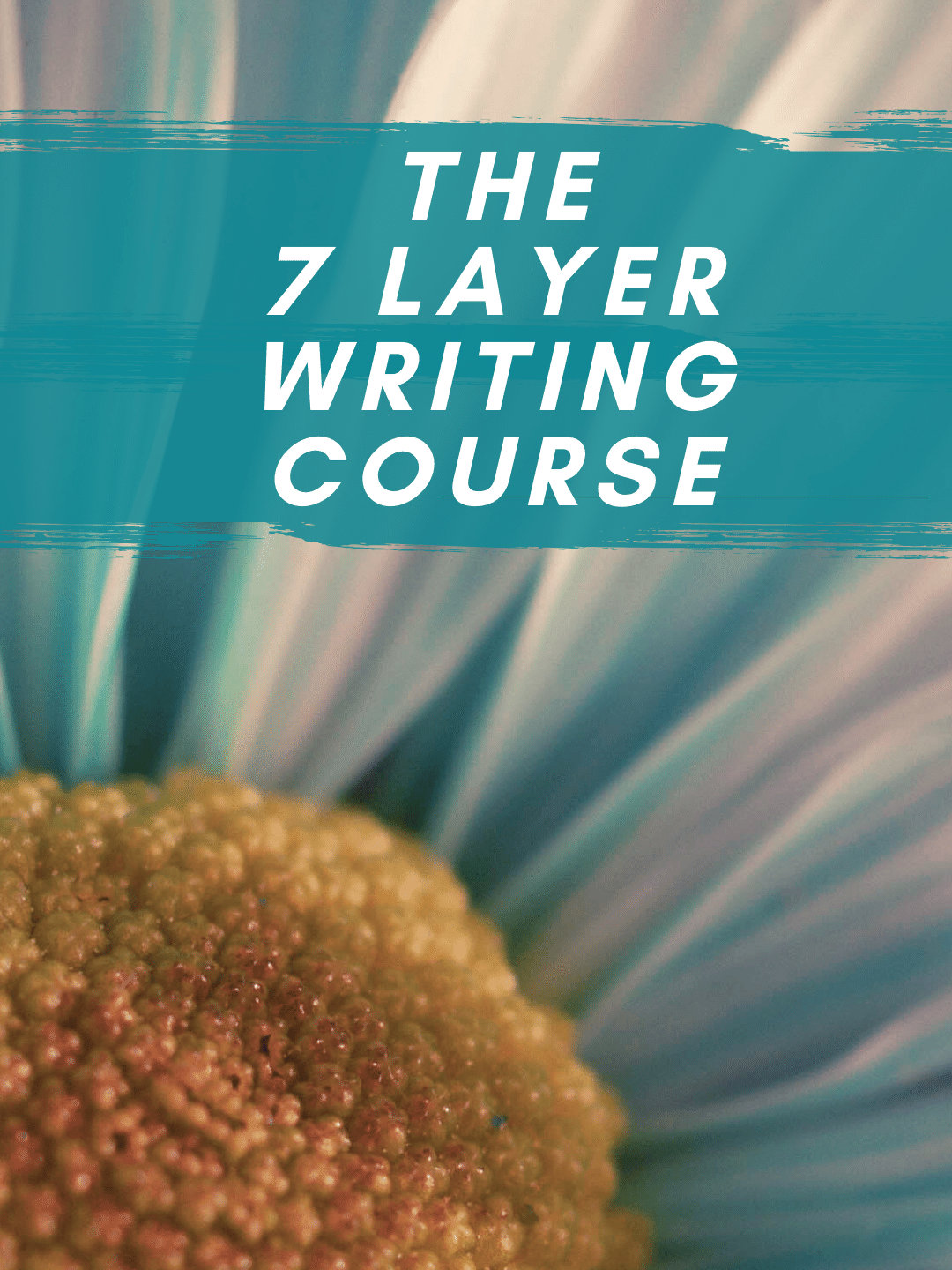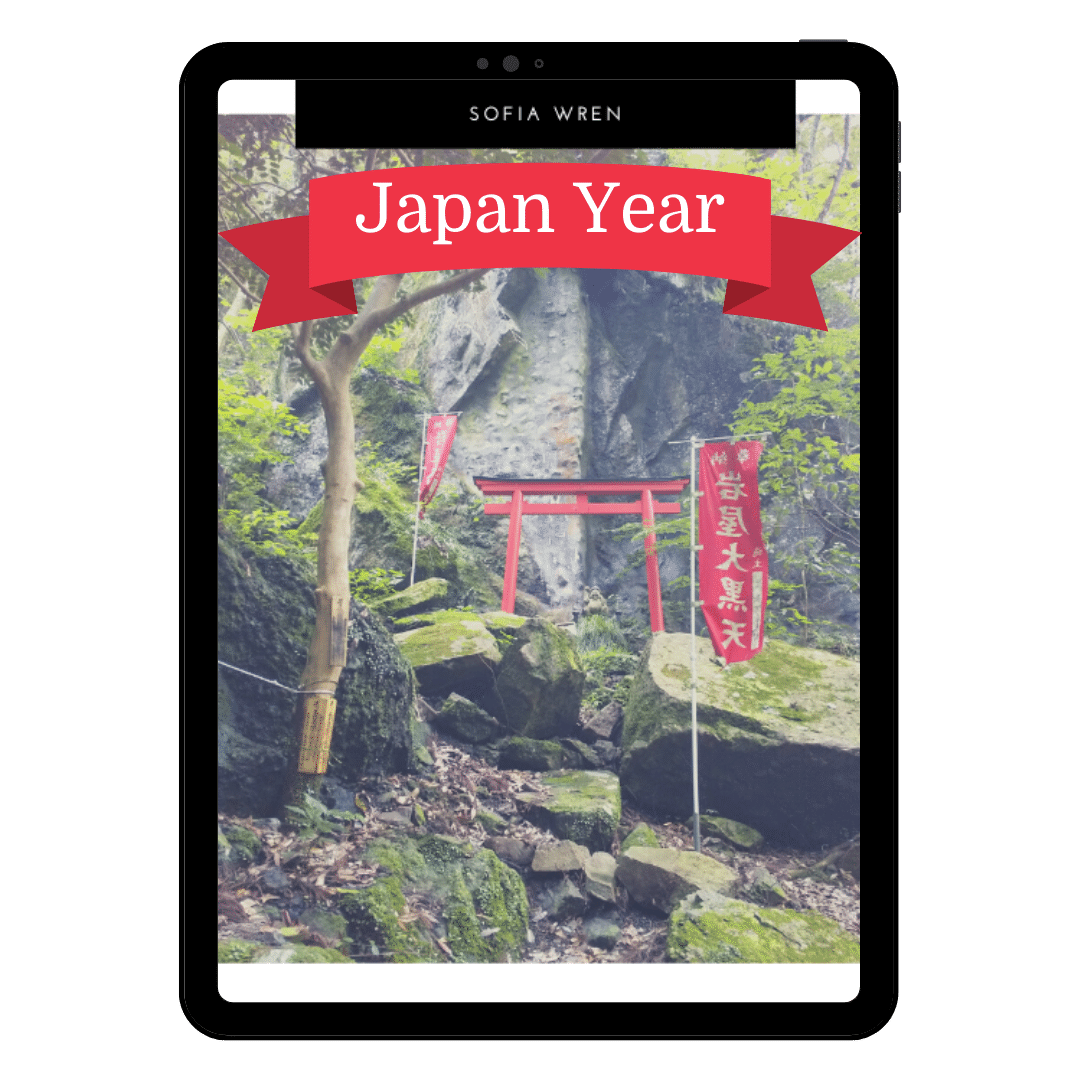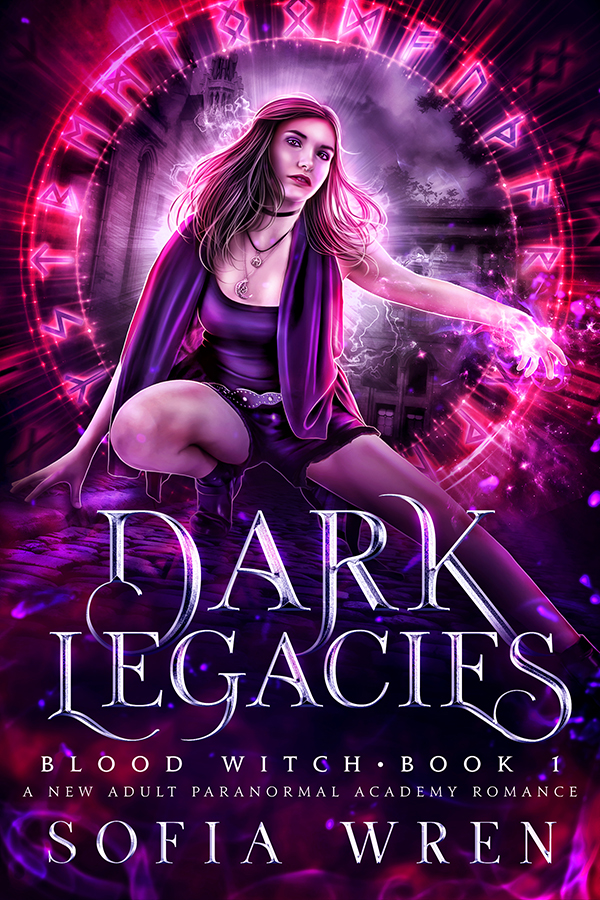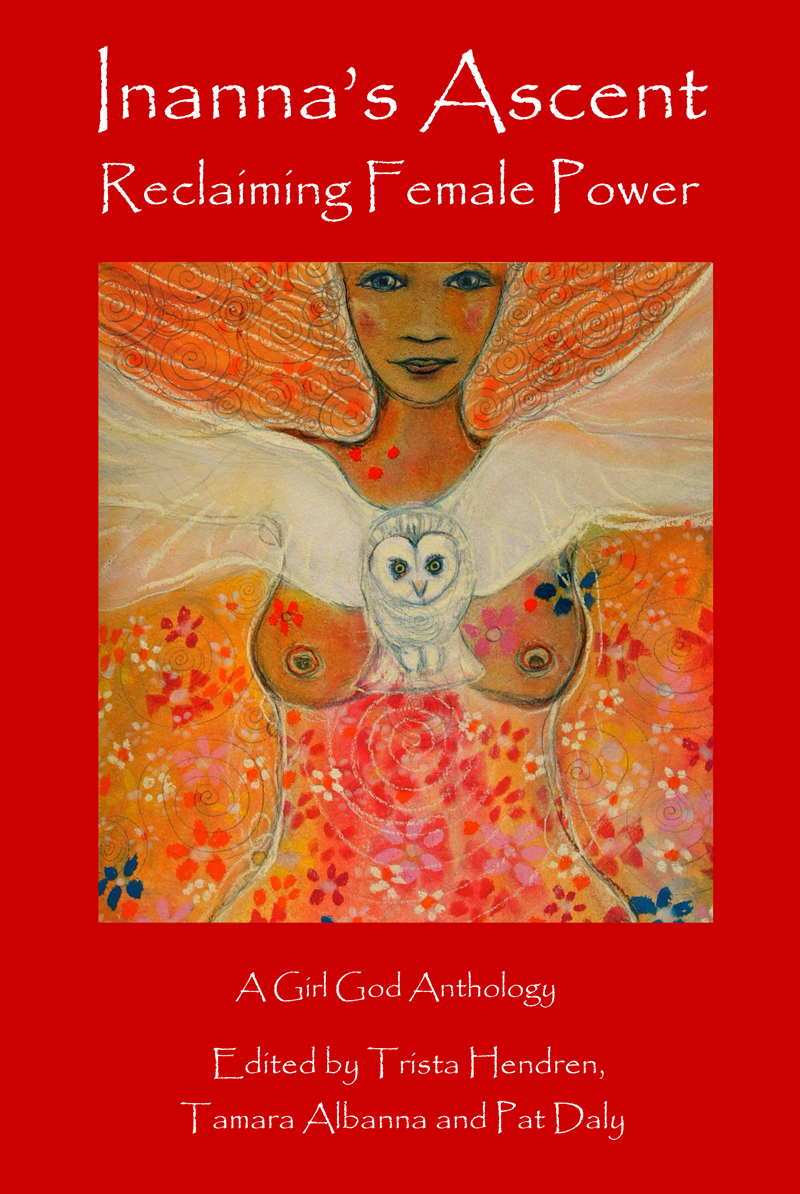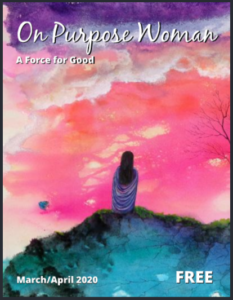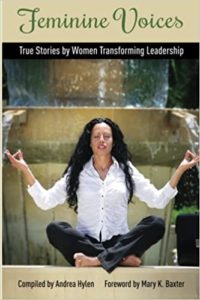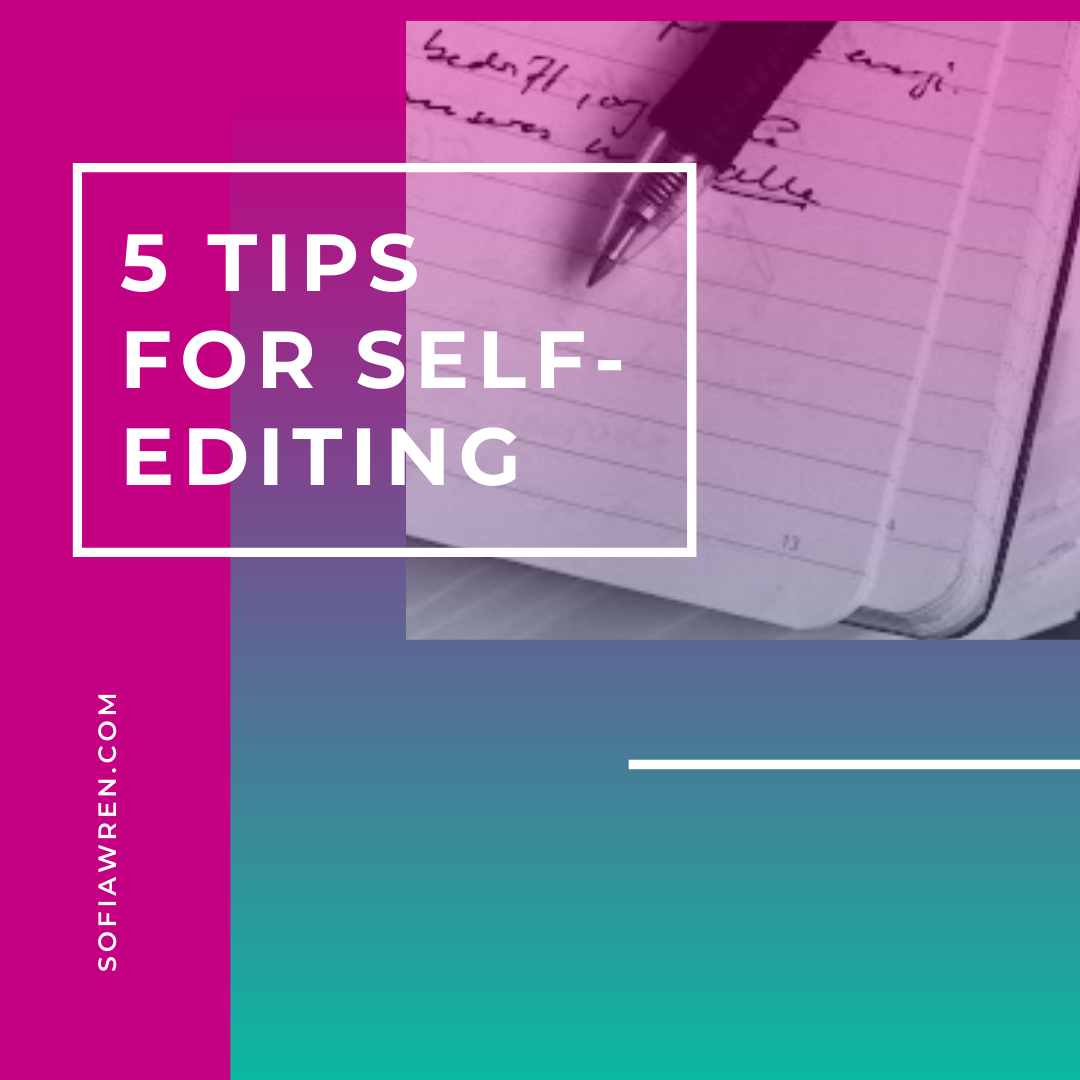
Want your writing to be good?
Here are tips for editing yourself, in both fiction and nonfiction.
1. Capture attention from the start.
There is a great book called the First Five Pages that lists a number of beginner mistakes when it comes to books, but it applies to all writing. For me, areas of over-description, also called “infodumps” are a bad sign early on. You only want to give the minimum of back information if you are writing fiction.
If you are writing nonfiction make sure those first few pages or paragraphs excite the reader with a sense of urgency to read everything. Jump into the fray and give them some good stuff. Tell them how their life will be different by reading the whole book. Or start with an action scene–take a leaf from fiction and start with a compelling story!
2. Use your senses to ground the reader.
Breathe. Remember how it feels when rain slides on your skin when you get caught in a storm? Or when the wind moves your hair when you look off the edge of a cliff, and stones fall down it? Be sensory. Try to find ways to get your reader to imagine things vividly from the outside world.
Even nonfiction needs grounding sometimes–avoid being too conceptual and heady. (This means you channeled writing people!) Take your time to ground things using your senses and people will feel better after reading your words.
3. Vary things.
I don’t like it when every paragraph begins with the word ‘I’. You want to try to say the same thing in different ways and avoid repetition. Both sentences and paragraphs should vary.
If you are just starting out, have someone else read over your work; they’ll notice if you have a pattern, even when you can’t. Now, how you handle critical feedback is a whole other discussion, but one trick is to be specific about what you want them to look for. When you give readers guidance on what kind of feedback you want, you can avoid emotional complications and it’ll be more useful.
4. If you describe dialogue with quotes, stick to: ‘He said,’ ‘She said,’ or ‘I said.’
Steven King says it is a no-no to use too many other words. Avoid being creative with this as it can become distracting. Of course, if you write it so that the speaker is obvious from the dialogue or the order of things, then skip it. In that case, you don’t have to keep reminding the reader who is talking.
5. Be precise.
Make sure everything you mention has a purpose! People can assume some details. I read a lot of fiction books where the author describes how someone makes coffee because characters drink it a lot. No one cares. Don’t bore us.
In nonfiction, don’t overwhelm us. It’s easy to throw in a ton of details, but you need precision. Narrow it down and relate it back to your point so that everything is supporting your main idea. Chunk down your information into bite-sized blocks, and put it in a logical order.
Bore or overwhelm your reader, and they will stop reading and leave you!
A special note about precision in memoir:
starting with birth is overrated. You don’t need to go in linear order through your entire life unless your birth and childhood are truly remarkable. Otherwise, it’s dull. You can always introduce earlier parts of your life out of order as it pertains to your story. The key question is: What is really important? What’s the real beginning? How can you hook a reader so they keep reading for hours?
What is the difference between developmental editing and proofreading?
If you have trouble getting your point across and organizing your thoughts so that you capture the reader and impart what you want to say quickly, then try developmental editing!
Usually writers will engage a developmental editor before they are completely done their work. Proofreading is a final step, but people often skip to the proofreading stage too soon. All five of the tips listed above are problems a developmental editor can help you solve.
Did you know I offer developmental editing?
I’ve helped numerous non-fiction writers including coaches, spiritual healers, and entrepreneurs to whip their writing into shape. If you want your writing to be good, then you need to do more than spell things correctly! I help you create a clear, coherent message so people will be wowed by your work.
Recently I’ve been editing a new edition of a book “A Radical Approach to the Akashic Records.” I was the original developmental editor. It is STILL an international bestseller at #1 in three different categories on Amazon since it came out in August, 2018. It has a 4.4 review average, and 187 five stars reviews. While editing the new edition, we realized many of the few low reviews it got were probably from a glitch with Amazon. There are hoards of reviews that say the book was both compelling and easy to understand.
Write Better with an Editing Sample:
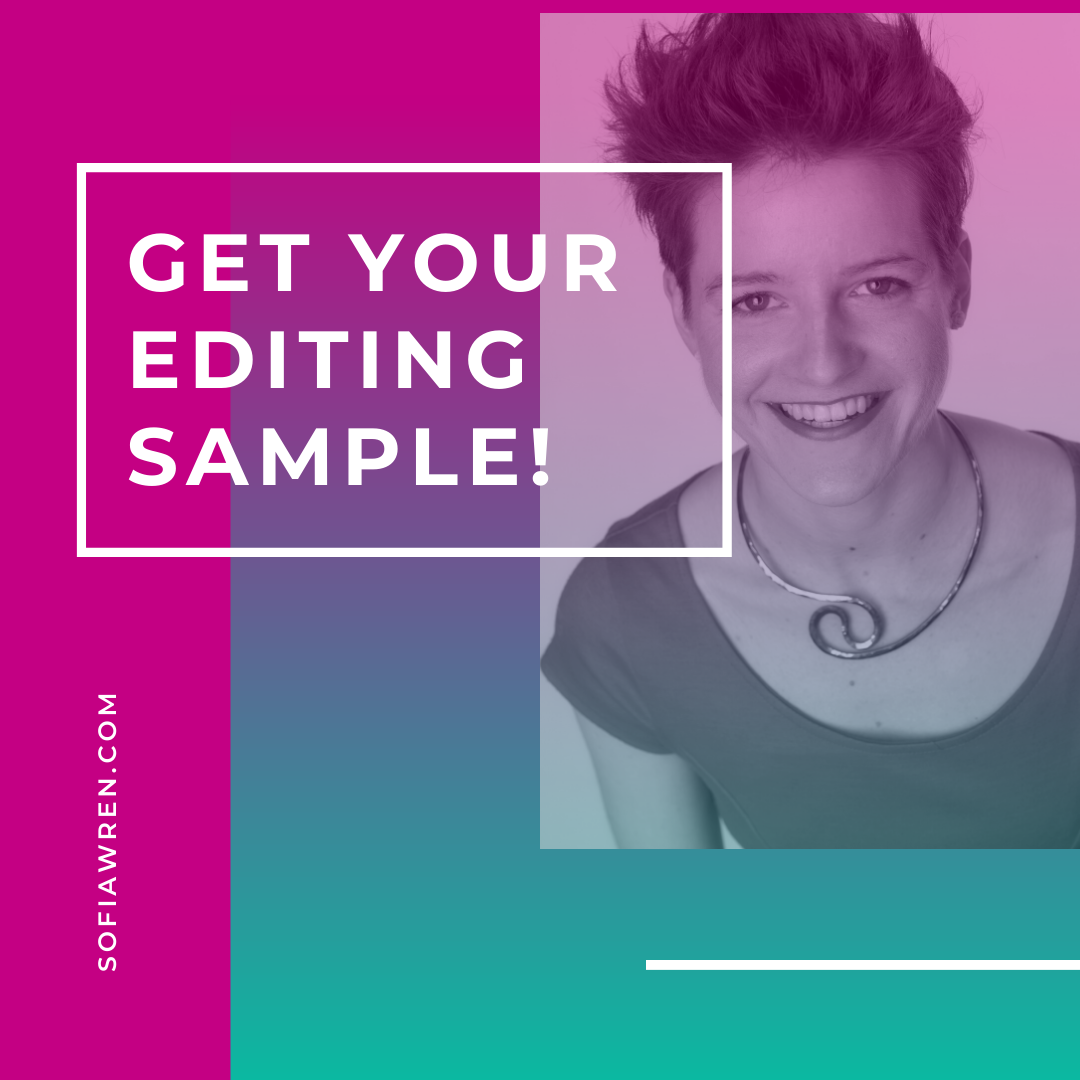
Get a 15 minute sample of how I edit your work.
If you like my notes and think they make your writing better, then we can keep working together, and I’ll throw in a free 20-30 minute consultation with me. During that call, we can discuss your project and my ideas on how to make your writing better and faster.
Put down a $50 deposit. If you like your sample, then you’ve already paid for it. You’ll also get the private consultation, and an additional 45 minutes of editing included with your deposit. Or you can decide to pass. In that case you will be refunded your $50 no questions asked.
Get notes to make your writing better–contact me to claim your sample!



